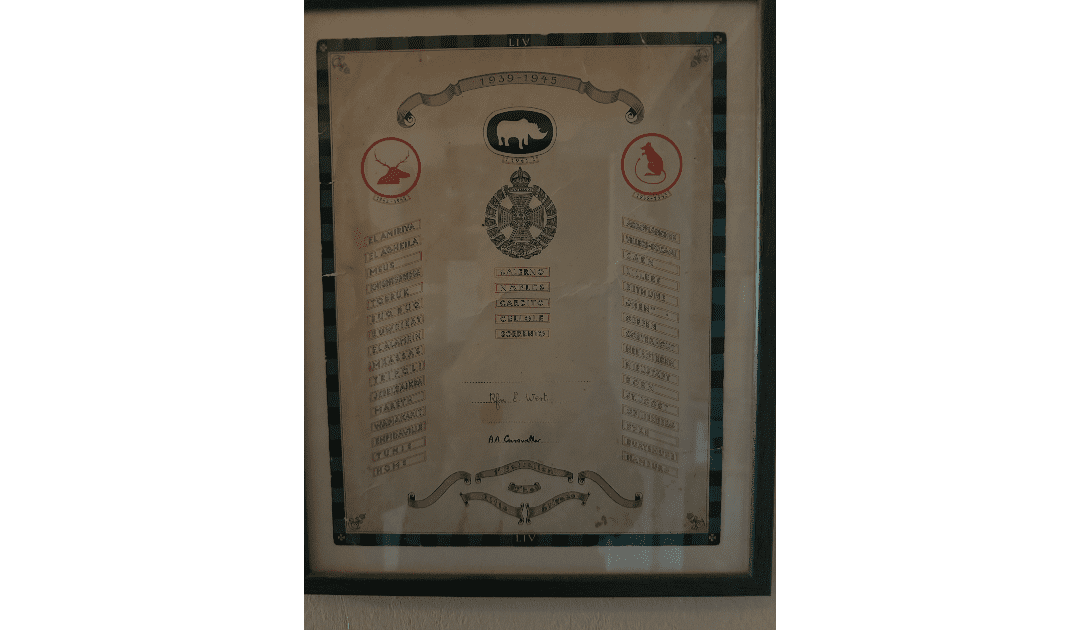The Second Battle of El Alamein was fought between 23rd October 23 and 4th November 1942. It marked the turning point in the Western Desert Campaign and showcased the strategic brilliance, courage, and resilience of the Allied forces. Winston Churchill said that before El Alamein we never had a victory and after El Alamein we never had a defeat. That rather underplays the Battle of Britain, but he had his motives.
El Alamein, a small railway town situated on the Mediterranean coast of Egypt, served as the backdrop for this monumental confrontation between the Axis forces, led by the renowned German field marshal, Erwin Rommel, and the British Eighth Army, under the command of General Bernard Montgomery. The British forces, consisting of troops from the Commonwealth countries, had endured a string of defeats against Rommel’s Afrika Korps, leaving the Allies in a precarious position.
However, the Battle of El Alamein witnessed a remarkable shift in the dynamics of the conflict. General Montgomery, known for his meticulous planning and methodical approach, devised a strategy that would exploit the Allies’ strengths and exploit the Axis weaknesses. This plan, aptly named “Operation Lightfoot,” involved a carefully coordinated assault aimed at breaking through the Axis lines and establishing a strong base from which to launch a full-scale offensive.
Under the cover of darkness, the Allied forces initiated their advance, overcoming formidable obstacles such as extensive minefields and the well-fortified Axis positions. The battle was fierce, with both sides displaying immense valour and determination. The Allies utilised their superior resources, including tanks, artillery, and air support, to gain ground and put immense pressure on the Axis forces.
In the subsequent days, Montgomery’s troops continued their relentless push, encircling the Axis forces and cutting off their supply lines. The battle turned into a war of attrition, with the Allies steadily gaining the upper hand. The Axis forces, depleted of resources and facing mounting casualties, were left with no choice but to retreat.
The Battle of El Alamein marked a significant turning point in World War II. It shattered the myth of Rommel’s invincibility, boosted the morale of the Allied forces, and provided a much-needed boost to the overall war effort. The battle also showcased the effectiveness of careful planning, the importance of superior logistics, and the need for unwavering determination.
Furthermore, the victory at El Alamein had far-reaching consequences. It halted the Axis advance in North Africa, safeguarding the vital Suez Canal and securing the Middle Eastern oil fields. Moreover, it provided a significant boost to the morale of the Allied forces and set the stage for subsequent campaigns, including the invasion of Sicily and the eventual liberation of Italy.
My father fought at El Alamein, and one of his officers, Lt. Col. Vic Turner, was awarded a Victoria Cross for his gallantry there.

